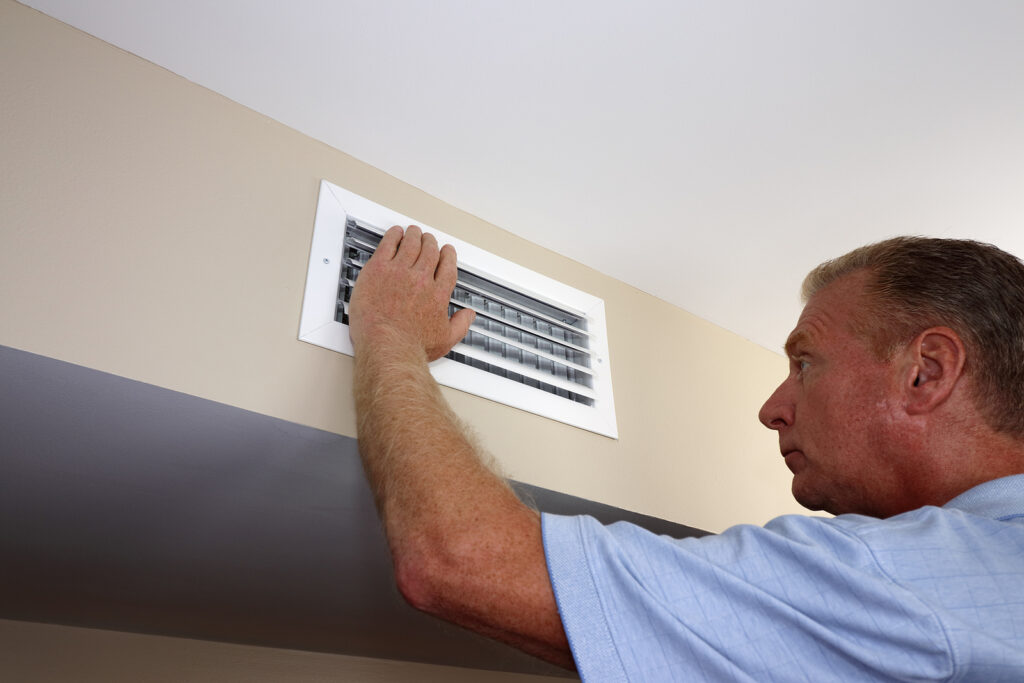Good air quality is essential for both the health of your employees and the success of your business. By improving office air quality, you can make a big impact on ensuring that people in your workspace stay highly productive, efficient, and comfortable. In this blog post, we’ll provide you with six tips to help ensure great office air quality — from meeting building codes to introducing new habits into the workplace.
The Importance of Air Quality
Maintaining good air quality is vital for the health and comfort of everyone in the workplace. Poor air quality can lead to various issues, including allergies, asthma attacks, and the spread of infectious diseases. By implementing the following tips, you can significantly improve the air quality within your buildings and create a healthier environment for everyone.
1. Ensure Ventilation Systems are Working Well
Proper ventilation plays a crucial role in maintaining good air quality. Regularly inspect and maintain your ventilation systems to ensure they are functioning optimally. Clean ducts, remove any blockages and consider professional inspections to guarantee efficient air circulation.

2. Change Air Filters Regularly
Clean air filters are essential for trapping airborne particles and maintaining good air quality. Regularly replace filters according to the manufacturer’s recommendations. This simple step can significantly reduce the presence of pollutants, allergens, and contaminants in the air.
3. Vacuum Frequently and Wash Textiles Regularly
Dust, allergens, and other particles often accumulate on surfaces and textiles. Regular vacuuming using high-efficiency particulate air (HEPA) filters can effectively remove these pollutants from carpets, upholstery, and curtains. Wash textiles regularly to eliminate trapped allergens and maintain a fresh indoor environment.
4. Avoid Unnecessary Chemicals
Many cleaning and maintenance products contain harmful chemicals that can negatively impact indoor air quality. Whenever possible, opt for eco-friendly, non-toxic alternatives. By using natural cleaning agents, you reduce the release of harmful fumes and create a healthier environment for building occupants.

5. Carpets Can Trap Harmful Particles
Carpets can be a breeding ground for dust mites, mold, and other harmful particles. If possible, consider replacing carpets with hard flooring options that are easier to clean and maintain. If carpets are necessary, vacuum them frequently and use professional cleaning services regularly to minimize the accumulation of pollutants.
6. Enhance Indoor Air Quality in Shared Spaces
In shared spaces such as lobbies, meeting rooms, and restrooms, it’s crucial to implement additional measures to improve indoor air quality. Invest in air purifiers, regularly disinfect surfaces, and promote proper ventilation in these areas. These steps will help create a healthier and more comfortable environment for everyone.
Final Thoughts
You have now gained valuable insights into improving air quality in your facilities. By implementing the tips and strategies outlined in this blog, ensuring that your ventilation systems are well-maintained, regularly changing air filters, and adopting proper cleaning techniques, you can effectively minimize the presence of allergens, pollutants, and contaminants in the air. Additionally, being mindful of the chemicals used in your cleaning products and taking steps to reduce the accumulation of harmful particles in carpets will further enhance the air quality within your workplace.



